9 Surprising Reasons Why Electric Cars Might Be a Bad Idea
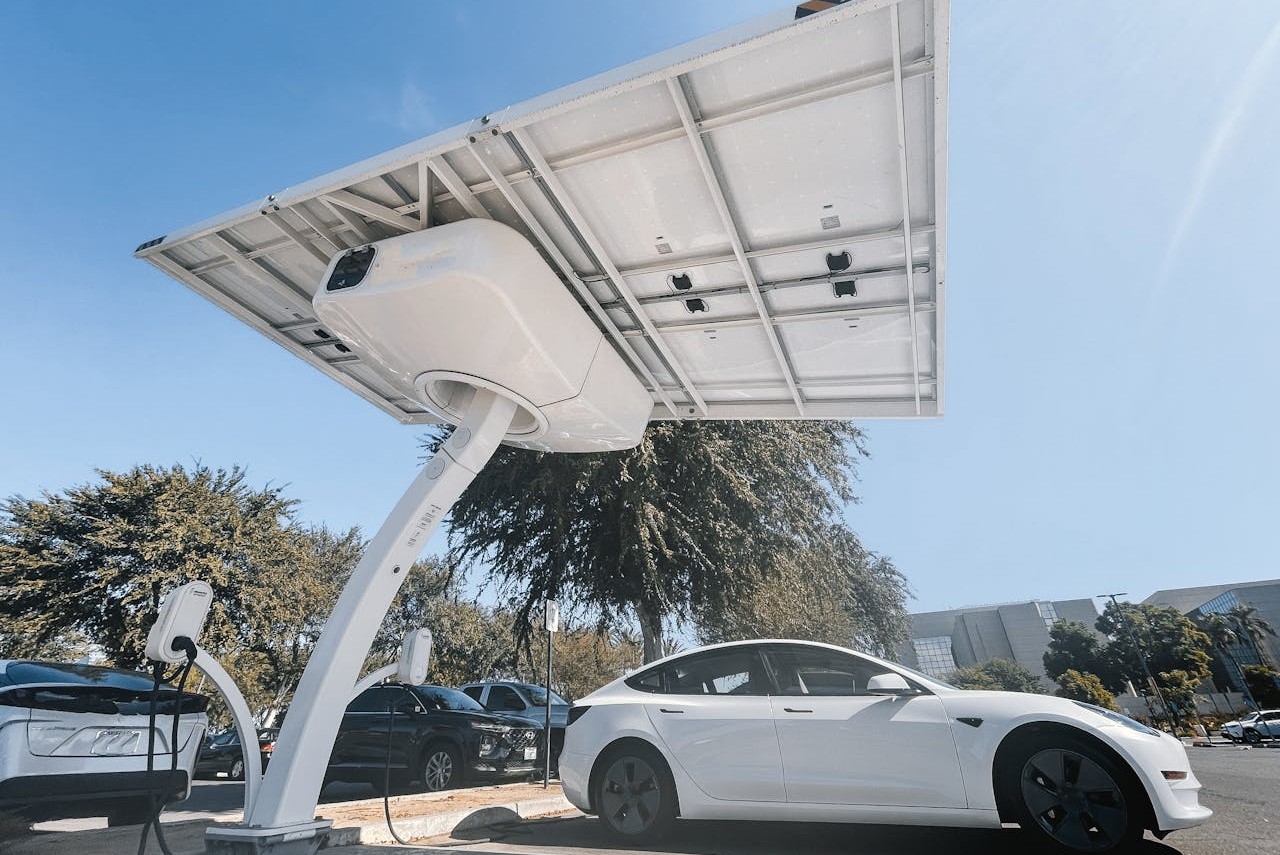
Electric cars have been hailed as the future of transportation, promising cleaner air, reduced carbon emissions, and less dependence on fossil fuels. But as their popularity grows, so do the concerns about their true impact on the environment, economy, and society. While they certainly offer some advantages, there are several compelling reasons why electric cars may not be the perfect solution we’ve been led to believe. In fact, banning them could be a more effective way to tackle the challenges we face. Here are nine surprising reasons why electric cars might not be all they’re cracked up to be.
1. The Environmental Impact of Manufacturing Electric Cars
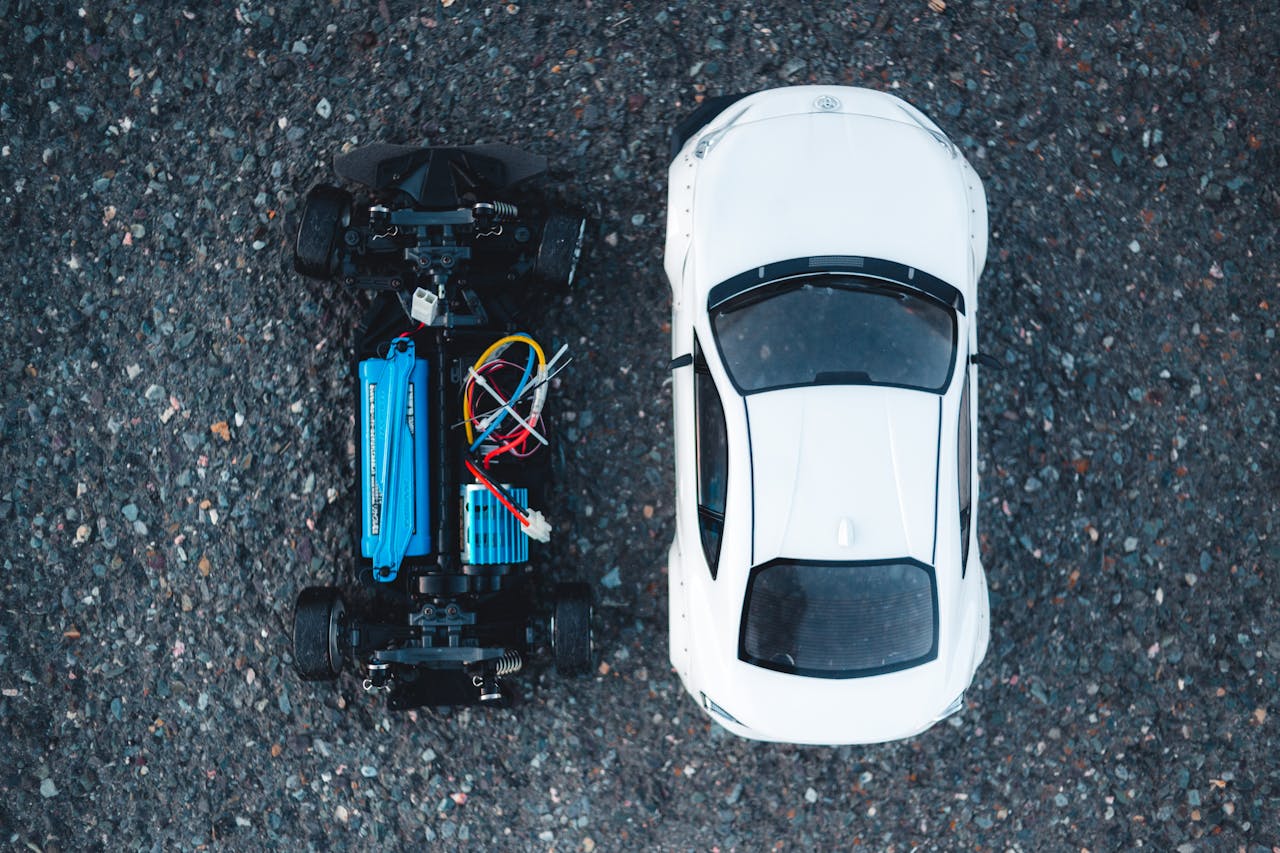
Electric cars are often touted as environmentally friendly, but the process of building them is far from green. Manufacturing electric vehicles (EVs), particularly the batteries, requires mining for precious metals like lithium, cobalt, and nickel. This mining process can cause massive environmental damage, from deforestation to water contamination. Furthermore, the energy-intensive manufacturing process leads to significant carbon emissions, which may cancel out the supposed benefits of driving an EV. While they’re cleaner on the road, the production of electric cars can have a much larger environmental footprint than many realize.
2. Short Driving Range and Inconvenient Charging
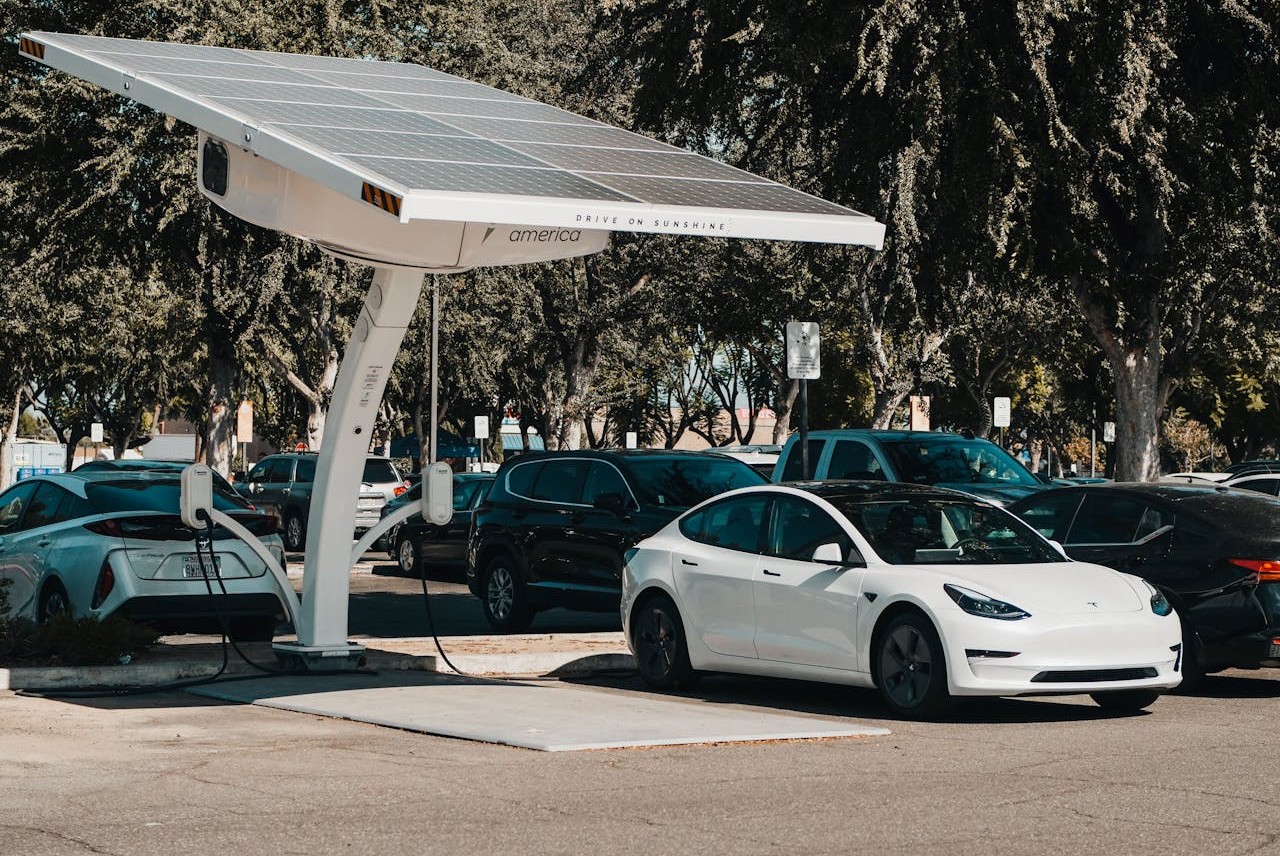
One of the biggest drawbacks of electric cars is their limited driving range. Unlike gasoline-powered cars, which can travel hundreds of miles on a single tank, many electric vehicles need to be recharged after just a few hundred miles. This makes long road trips a logistical nightmare. Charging stations are still not as widespread as gas stations, especially in rural areas, and the time it takes to recharge an EV can be frustratingly long. While advancements in battery technology are being made, the current infrastructure simply isn’t ready to support widespread adoption of electric cars.
3. The High Price Tag
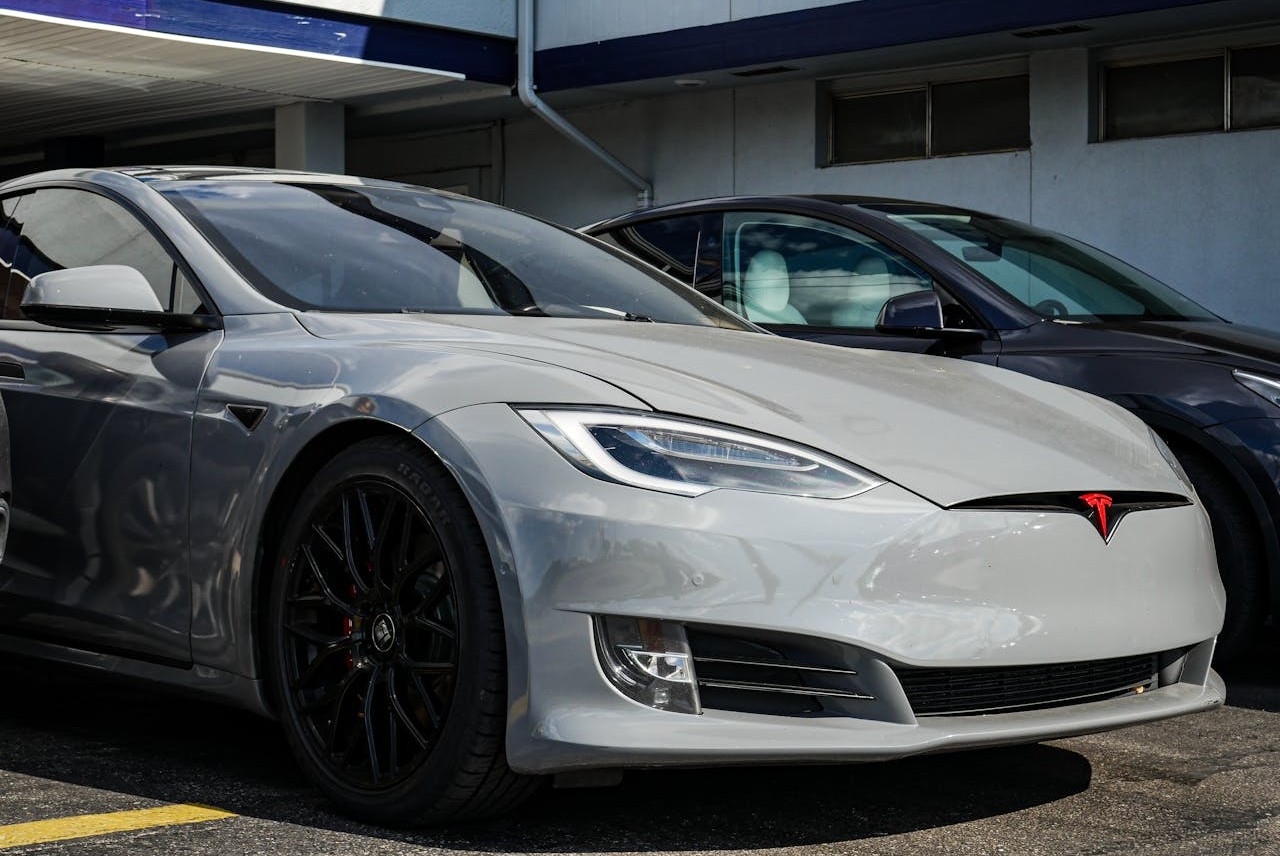
Electric cars might save you money in the long run, but their steep upfront costs are a major barrier for many consumers. Even with government incentives and rebates, EVs are still more expensive than their gasoline counterparts. The high price is primarily due to the cost of the battery, which makes up a large portion of the vehicle’s price. For many people, the initial investment required to buy an electric car is simply too much, leaving them with fewer affordable options for cleaner transportation.
4. Expensive and Short-Lived Batteries
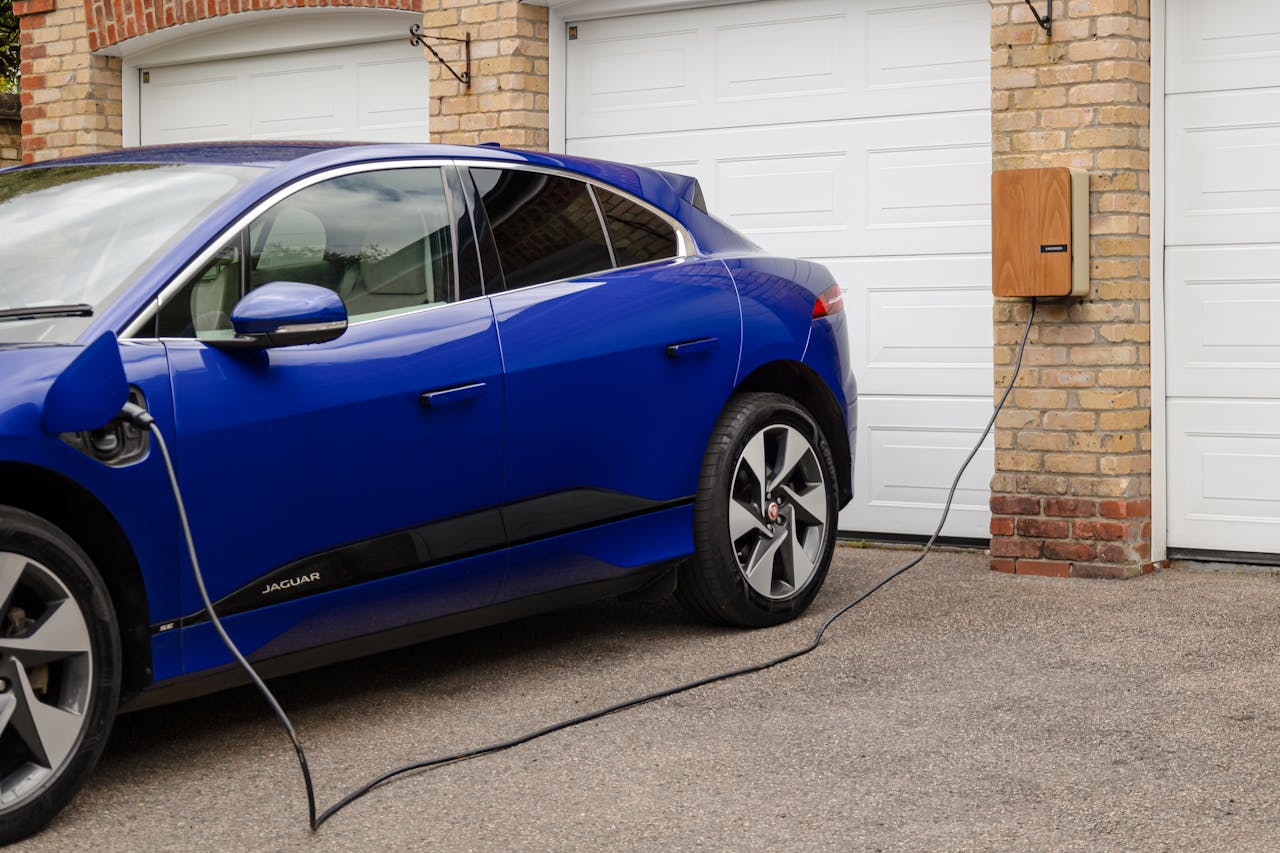
While electric car batteries are designed to last for many years, they do eventually degrade over time, resulting in shorter driving ranges and diminished performance. Replacing these batteries can be incredibly expensive, with some models costing thousands of dollars for a new one. For used electric car buyers, the prospect of paying for a new battery just a few years after purchase can be a huge deterrent. The hidden cost of replacing batteries makes owning an electric car less financially appealing in the long run, especially for those who are not prepared for the expense.
5. The Reality of Electricity Generation
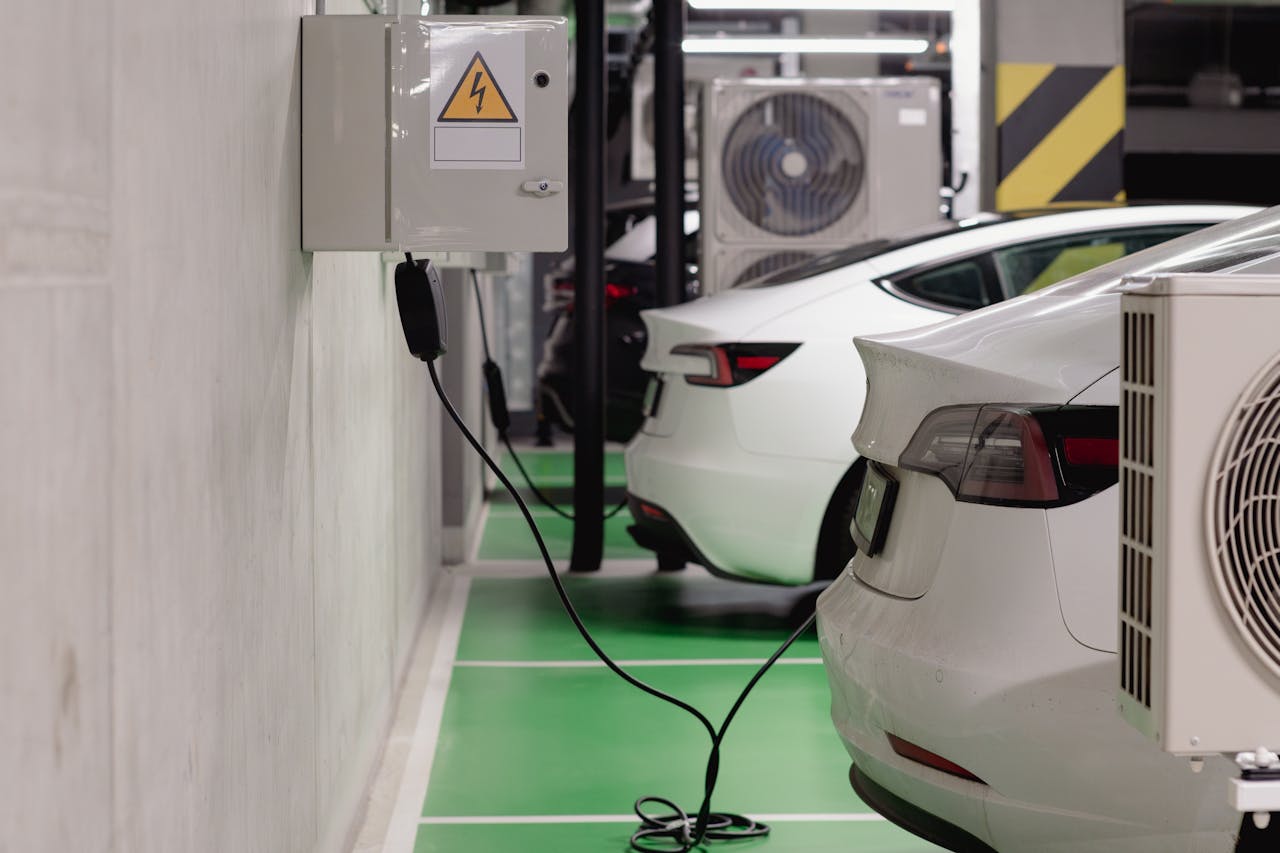
Electric cars may be “zero-emission” at the tailpipe, but the electricity that powers them often comes from fossil fuels. In many parts of the world, electricity is generated by burning coal, natural gas, or oil, all of which contribute to air pollution and climate change. Until the grid is powered primarily by renewable energy sources, the environmental benefits of electric cars are limited. In fact, in areas where the electricity grid is still heavily reliant on fossil fuels, electric cars may end up producing more emissions than their gasoline counterparts.
6. The Growing Demand for Rare Earth Metals
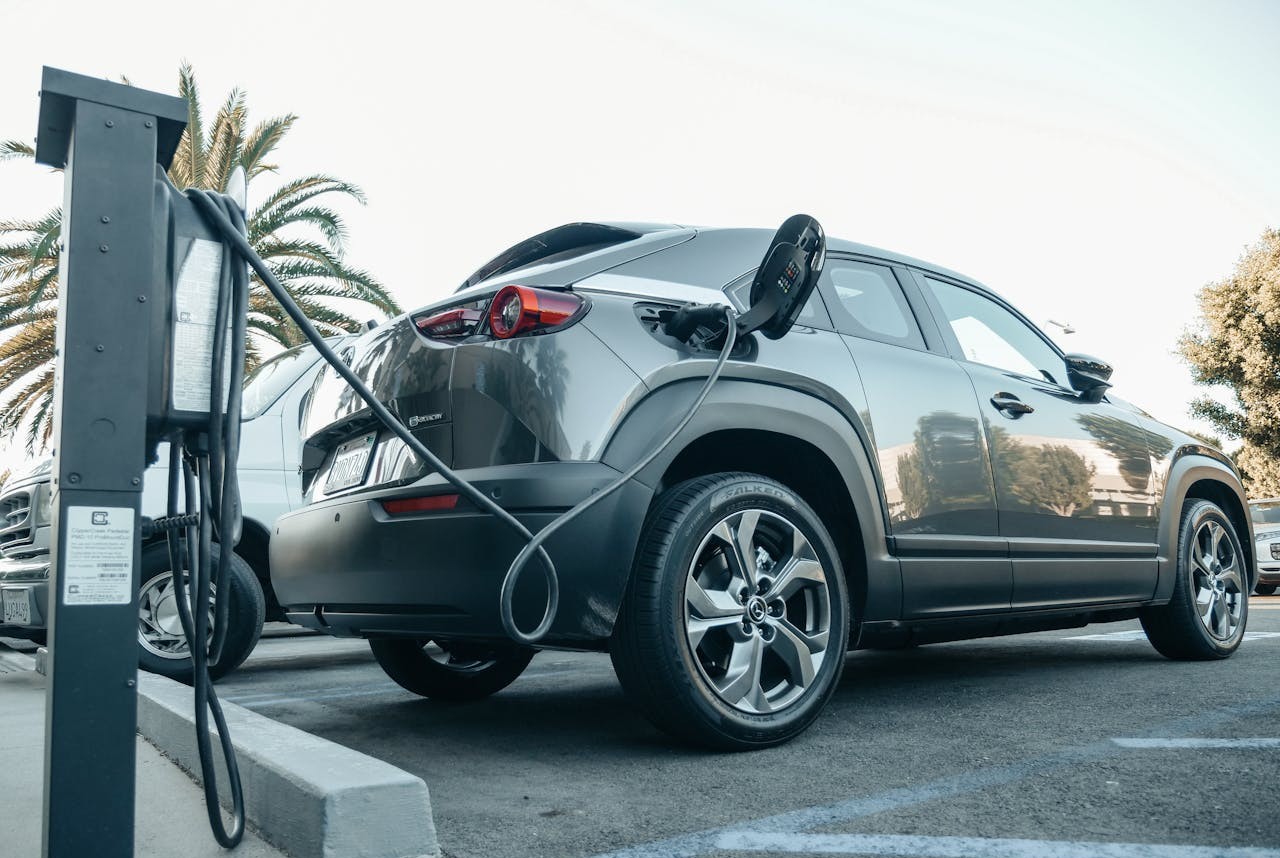
The rise of electric vehicles has led to a surge in demand for rare earth metals, such as lithium, cobalt, and nickel. These materials are essential for EV batteries, but their extraction comes with serious environmental and ethical concerns. Mining for these metals often leads to deforestation, water pollution, and human rights abuses in mining communities. The environmental impact of extracting these resources is often overlooked in the push for cleaner transportation. As demand for electric cars increases, so too does the strain on these critical resources, making it harder to justify their use.
7. Promoting Overconsumption
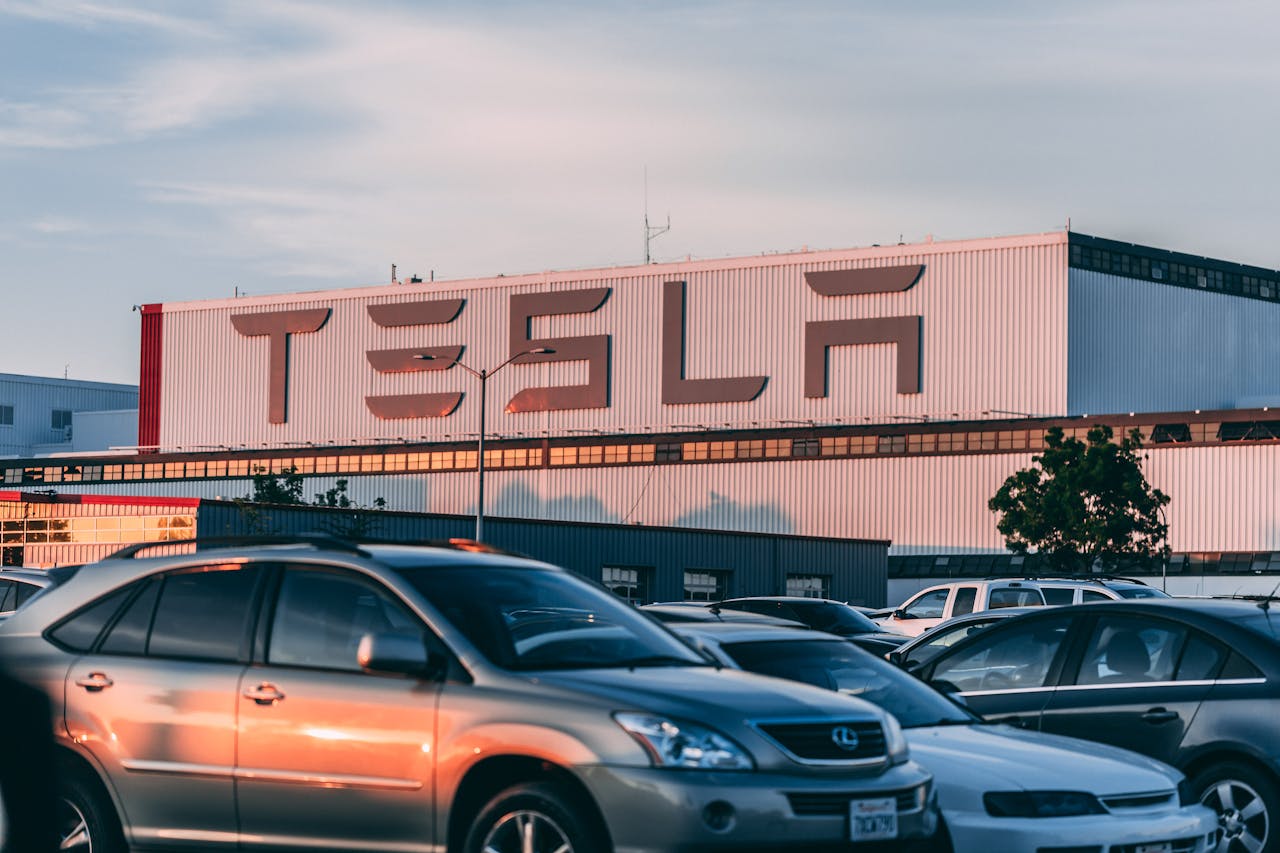
While electric cars are marketed as a sustainable alternative to gasoline-powered vehicles, they can contribute to overconsumption. The push for electric cars encourages people to buy new vehicles even when their old ones are still functional. This cycle of constant consumption leads to increased resource use, waste, and pollution. Instead of focusing on simply replacing one form of consumption with another, we should be looking for ways to reduce overall vehicle ownership and promote more sustainable transportation options, such as public transit, biking, or walking.
8. The Job Losses in Traditional Automotive Industries

The transition to electric cars could have a significant impact on jobs in the traditional automotive industry. Electric vehicles require fewer moving parts than gasoline-powered cars, which means there is less demand for workers in sectors such as engine manufacturing, exhaust systems, and fuel-related components. As electric cars become more widespread, workers in these industries may face job losses and economic disruption. While the rise of electric vehicles may create new jobs in areas like battery manufacturing, the transition could leave many people without work in traditional automotive sectors.
9. The “Zero Emissions” Myth
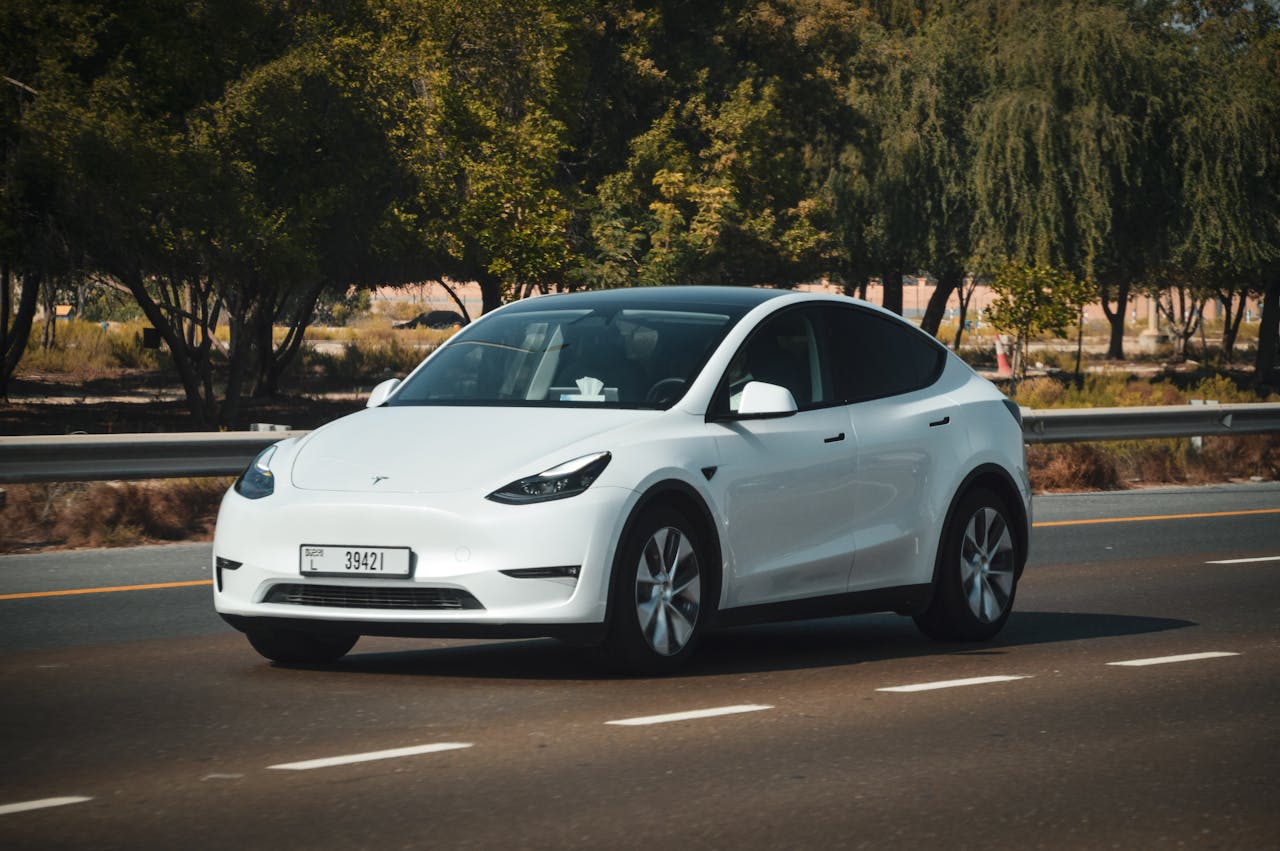
Electric cars are often promoted as “zero-emission” vehicles, but this is a misleading claim. While they may not produce emissions from their tailpipes, they still contribute to pollution and environmental damage throughout their entire lifecycle. From mining the raw materials for batteries to manufacturing the vehicles and generating the electricity needed to power them, every step in the process generates some form of environmental impact. The idea of “zero emissions” is therefore a myth, and the environmental benefits of electric cars are not as clear-cut as many believe.
Final Thoughts
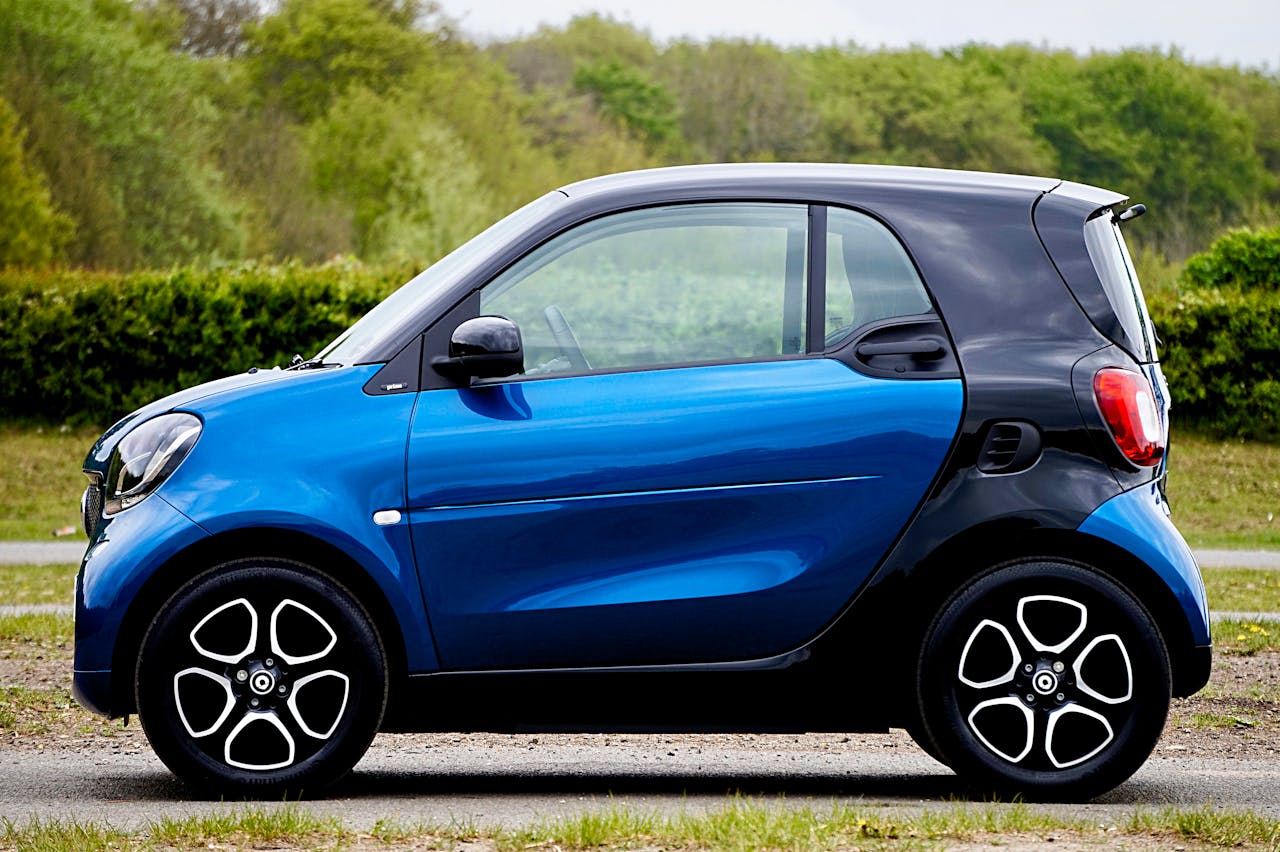
While electric cars have been presented as the solution to our transportation problems, there are numerous reasons why they may not be the ideal choice. From the environmental costs of manufacturing and battery disposal to the limited driving range and high upfront costs, electric cars come with a number of significant drawbacks. Additionally, the increased demand for rare earth metals, the reliance on fossil-fuel-generated electricity, and the potential for job losses in traditional industries all raise important questions about the true sustainability of electric vehicles. Instead of embracing electric cars as the ultimate solution, we should focus on a more holistic approach to sustainable transportation that includes reducing overall consumption, improving public transit, and investing in renewable energy sources. Only then can we hope to create a truly sustainable and equitable transportation system for the future.
Leave a Reply